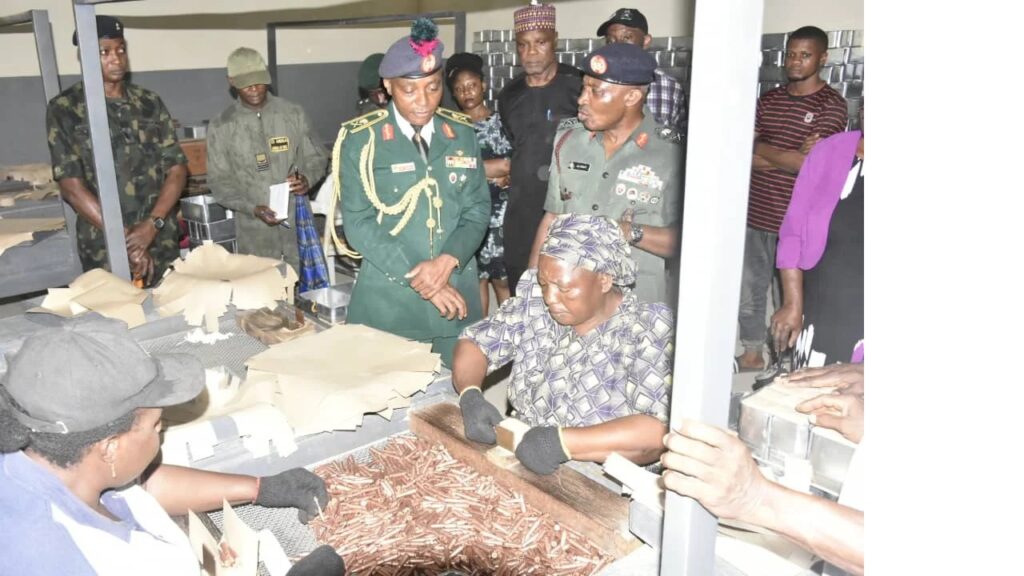
Minister of Housing and Urban Development, Ahmed Dangiwa, has urged members of the Executive Board of UN-Habitat to redouble efforts towards repositioning the organisation as an impactful global tool for tackling human settlements’ challenges in a structured and sustainable manner.
Dangiwa, who chaired first Session of the 2024 Executive Board Meeting of the United Nations Human Settlements Programme, also called for global collaboration in partnership with various regional and political groups.
In his opening remarks at the two-day meeting that started yesterday, Dangiwa said: “As members of the Executive Board, I must draw our collective attention to the fact that our nations, at this time, are among the privileged few tasked with the important responsibility for the regular supervision of the global human settlements agenda.
“We have a moral obligation to approach this duty with our best efforts, utmost sincerity, and the highest responsibility for the good of mankind. To this end, during my chairmanship, and I would count on your support as I look forward to active engagement to bring this organisation to its rightful footing.”
The UN-Habitat Executive Board is a legislative body of UN-Habitat. It comprises 36 member states elected by the UN-Habitat Assembly with 10 seats for Africa, one of which is occupied by Nigeria currently producing the Chair, eight seats for Asia and Pacific states, four seats for Eastern European states, six seats for Latin America and Carribean states, and eight seats for Western European and other states.
Nigeria has been a member of the Executive Board since 2019 and was granted a renewed term of two years in 2023 until 2025.
The body convenes three times a year to oversee the implementation of the normative and operational activities of UN-Habitat, ensure accountability, transparency, efficiency, and effectiveness, approve and oversee the implementation of the yearly programme of work and budget of the organisation.
Among issues slated for discussion at the board meeting include financial, budgetary, and administrative matters, including the implementation of the resource mobilisation strategy in accordance with the strategic plan for the period 2020 to 2025 and actions by UN-Habitat to address geographical and gender imbalances in the composition of its staff.












